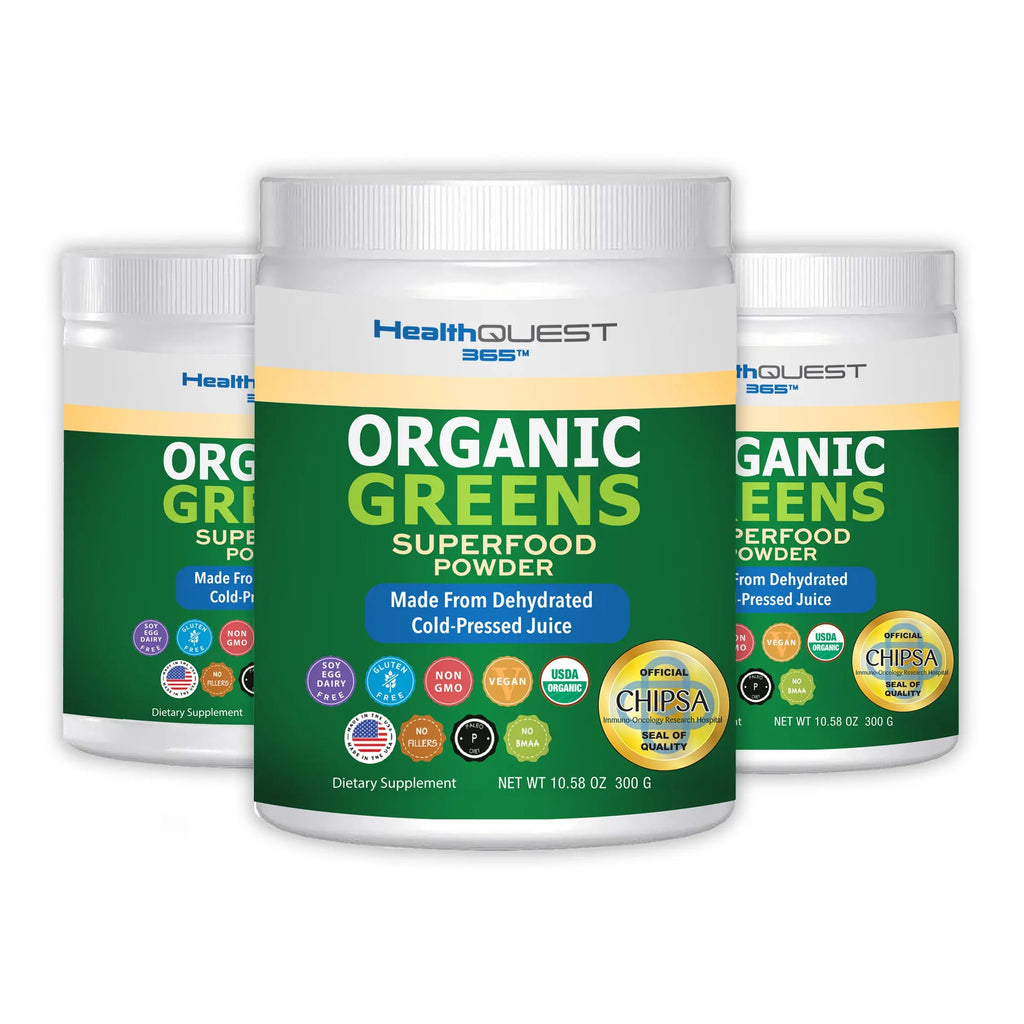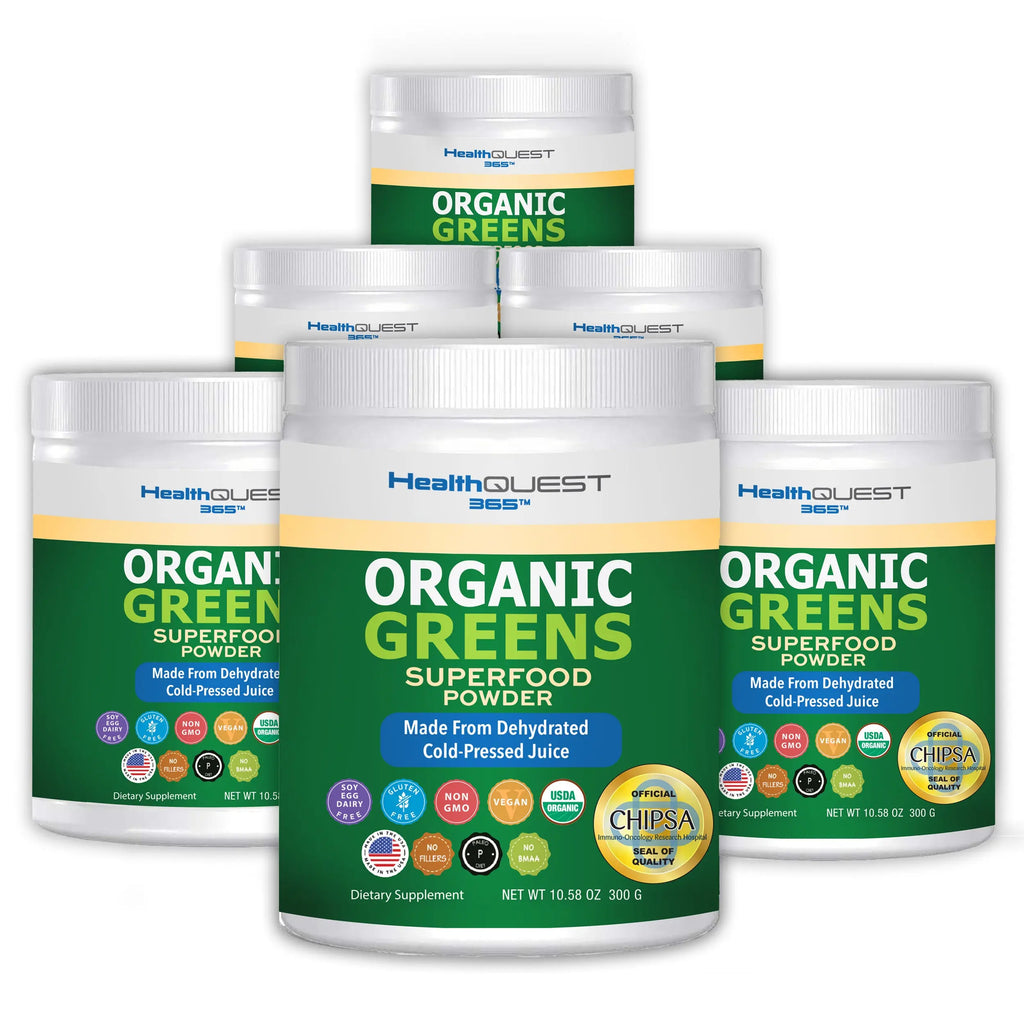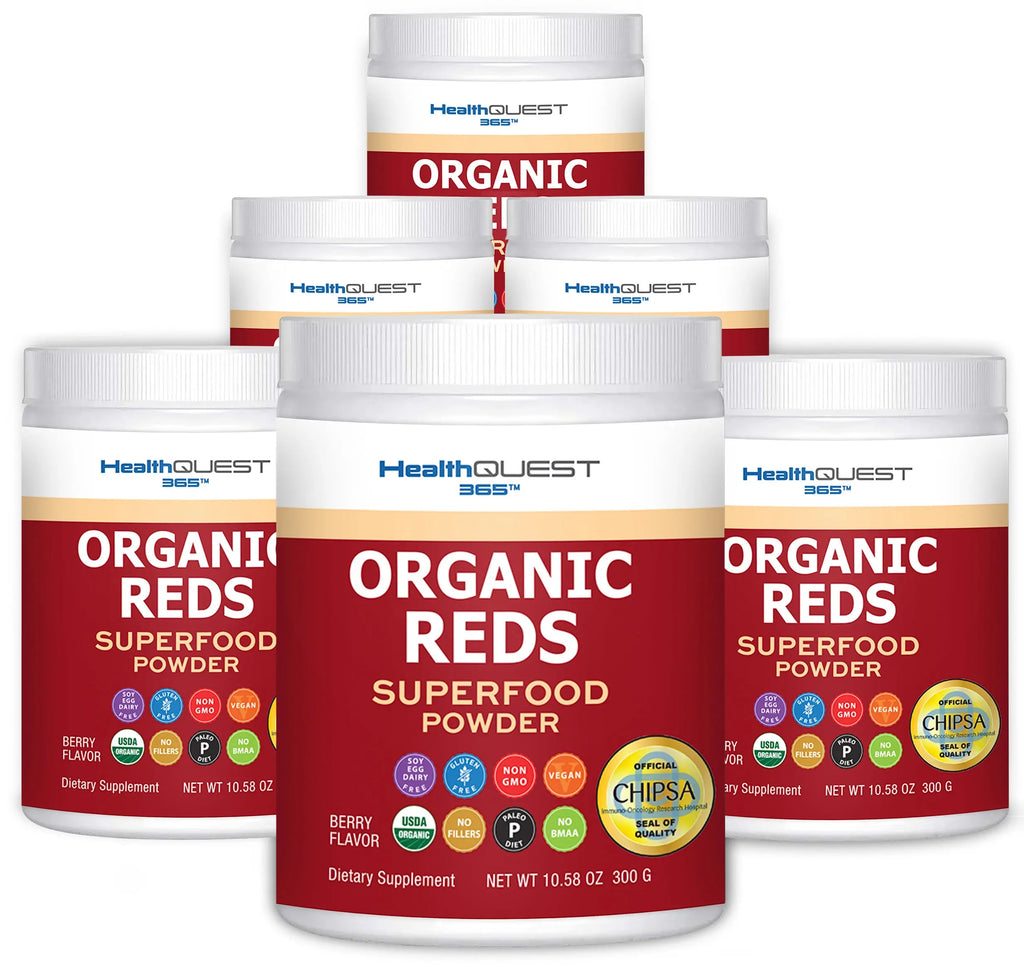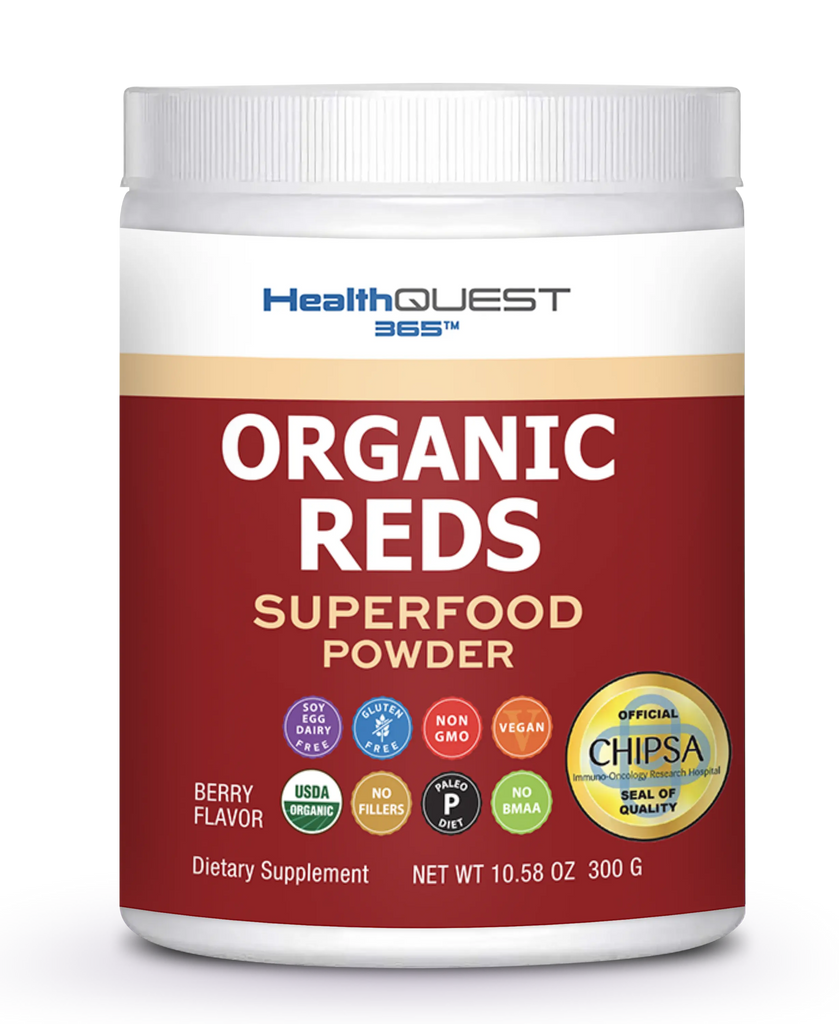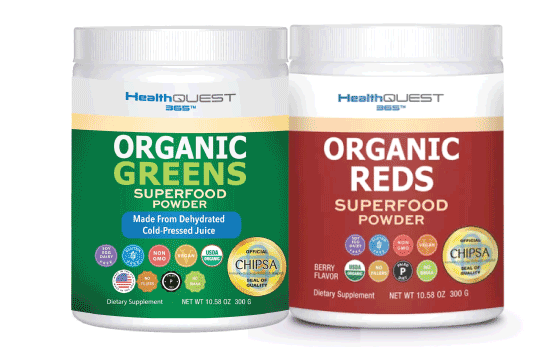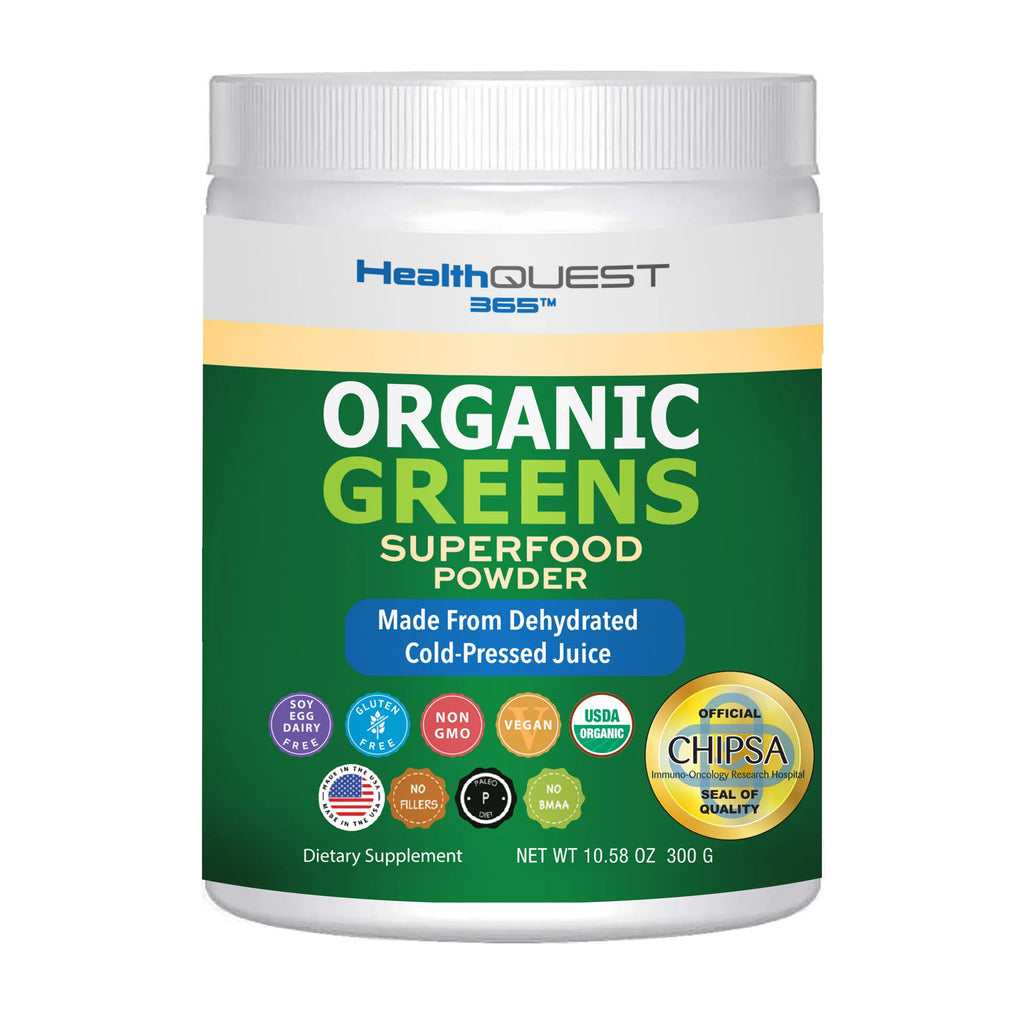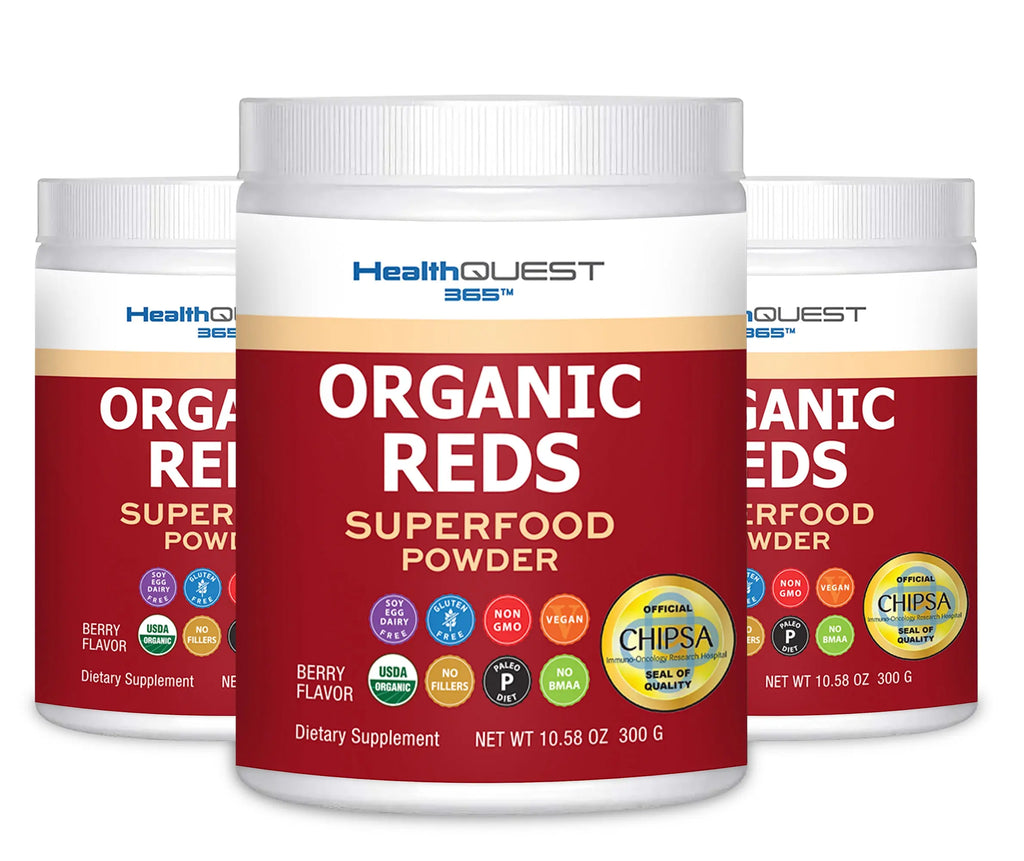It’s about health. It’s about healthy lifestyle. It’s about family™

How Optimal Nutrition Fuels Powerful Immunity, Stops Chronic Diseases, and Paves the Way for Unstoppable Health
In the world of health and wellness, nutrition consistently stands out as profoundly significant. Nutrition represents the core building block of our health. It serves as a foundation upon which our physical and mental well-being is constructed.
In this comprehensive guide, we will delve into the intricate relationship between nutrition and health. We will also explore how dietary choices can wield a considerable influence over our well-being.

UNDERSTANDING THE ROLE OF NUTRITION IN HEALTH
THE CONNECTION BETWEEN DIET AND OVERALL HEALTH
It's no secret that what we consume directly impacts our health. Food isn't just fuel for our bodies. Rather, each bite introduces a complex blend of nutrients that:
-
Regulate cellular function
-
Fortify our immune systems
-
Play crucial roles in our mood and overall vigor
In simpler terms: you are indeed what you eat.
KEY NUTRIENTS ESSENTIAL FOR OPTIMAL HEALTH
While all nutrients are vital to overall health, some play a starring role.
Macronutrients like carbohydrates, proteins, and fats provide energy and contribute to essential functions like growth and repair.
Meanwhile, micronutrients – including various vitamins and minerals – aid in disease prevention and overall health optimization.
BUILDING A STRONG FOUNDATION: BALANCED NUTRITION
THE IMPORTANCE OF A BALANCED DIET
A balanced diet is not just about eating restrictive or 'healthy' foods. It's also about understanding and implementing a varied diet.
It ensures that we receive the breadth of nutrients, both macro and micronutrients, our bodies require to function optimally.
THE ROLE OF CARBOHYDRATES, PROTEINS, AND FATS IN THE BODY
Carbohydrates provide our bodies with quick energy. One the other hand, proteins supply vital amino acids for tissue growth and repair.
Fats, the most dense source of energy, support brain function, hormone production, and nutrient absorption.

Give You ALL Our Best Workbooks
Get all the Best Workbooks + Action Guides from our expert
PROMOTING PHYSICAL HEALTH THROUGH NUTRITION
WEIGHT MANAGEMENT AND HEALTHY EATING
Effective weight management hinges on nutritional intake. Eating nutrient-dense foods can aid in maintaining a healthy weight.
This lowers the risk of weight-related health issues such as obesity, cardiovascular disease, and diabetes.
THE IMPACT OF NUTRITION ON CARDIOVASCULAR HEALTH
The foods we consume significantly impact heart health. A diet rich in fruits, vegetables, whole grains, lean proteins, and healthy fats will support a healthy cardiovascular system.
NUTRITIONAL STRATEGIES FOR PREVENTING AND MANAGING CHRONIC DISEASES
Nutrition wields a powerful influence over chronic diseases, from diabetes to hypertension. Even simple steps like reducing sugar intake, increasing fiber, and swapping saturated fats for unsaturated alternatives can have profound effects on managing these conditions.
ENHANCING IMMUNITY THROUGH PROPER NUTRITION

THE IMMUNE SYSTEM AND ITS RELATIONSHIP WITH NUTRITION
A robust immune system is the body's primary defense against illness – and nutrition is its secret weapon. Consuming a balanced and nutrient-rich diet supports immune function, aiding in warding off potential pathogens.
IMMUNE-BOOSTING FOODS AND NUTRIENTS
Certain foods and nutrients provide the immune-boosting nutrients needed for an efficient immune system. These include:
-
Citrus fruits (vitamin C)
-
Leafy greens (vitamin A)
-
Fish (omega-3 fatty acids)
TIPS FOR MAINTAINING A HEALTHY IMMUNE SYSTEM THROUGH DIET
Sticking to a broad based, nutrient-rich diet, staying well-hydrated and avoiding processed foods are some practical tips for strengthening the immune system.

FREE "Mystery Gift"?
Let me stay in touch with you via email and as a thank you - get this FREE gift.. Something others paid over $1,000 for.
(True story)

MENTAL AND EMOTIONAL WELL-BEING: NUTRITIONAL INFLUENCES
THE CONNECTION BETWEEN NUTRITION AND MENTAL HEALTH
Nutrition doesn’t just affect our physical health. It also has significant implications for our mental and emotional wellbeing.
Foods rich in complex carbohydrates, omega-3 fatty acids, and b vitamins can serve as a form of nutritional therapy. They support greater mental health and emotional stability.
NUTRIENTS THAT SUPPORT BRAIN FUNCTION AND MOOD STABILITY
Omega-3s offer essential support to our brain health and mood stability, but they're not alone.
B vitamins are integral to mental and emotional well-being. Folic acid and vitamins B6 and B12, in particular, affect energy levels and brain function.
NUTRITION AND AGE-RELATED HEALTH CONCERNS
THE IMPORTANCE OF NUTRITION IN DIFFERENT LIFE STAGES
Nutrient needs differ from infancy to adulthood and old age. Understanding these requirements allows proper nourishment across all life stages, promoting growth and development and retaining quality of life in old age.
PRACTICAL TIPS FOR A HEALTHY DIET
UNDERSTAND SERVING SIZES
It's easy to overindulge when eating out, but we don't have to. Since most packaged foods have serving sizes listed on the label, we can find out how much food actually constitutes a serving.
Eating "normal-size" portions can help maintain weight.
EAT THE RAINBOW
Eating colorful foods not only looks better on the plate. It's also better for you.
Eating fruits and vegetables of all colors exposes you to a broad spectrum of nutrients. This provides a variety of essential antioxidants, vitamins, and fiber.
EAT ENOUGH LEAN PROTEIN
The new diet trend is to restrict carbs and protein since they go toe-to-toe on the glycemic index. However, that's not a practical idea.
Instead, adopting a balanced diet to meet protein requirement is the way to go. Protein plays a significant role in growth, healing, and a healthy immune system. In short, it is important for everyone.
FIBER IS YOUR FRIEND
Increasing fiber intake is one of the best ways to promote digestive tract health. The good thing is fiber doesn't always have to come in the form of commercial products or supplements.
Increasing fiber-rich foods like fruits, vegetables, whole grains, nuts, and legumes is extremely effective in maintaining a healthy digestive tract.


STAY HYDRATED
Fluid intake is crucial for our well-being, from keeping the skin clear to regulating body temperature.
Staying appropriately hydrated supports both physical and mental well-being, so don't hesitate to grab a glass of water!
AVOID PROCESSED FOODS
Processed foods are often loaded with processed sugar, trans fats, artificial dyes, and chemicals.
Consuming infrequent quantities of these products may not have significant adverse effects, but it's recommended to avoid them as they can lead to adverse health conditions.
MODERATE YOUR FOOD INTAKE
When developing a healthy diet, avoid stress-eating or compensating for missed meals by overeating. Overconsumption of meals could lead to increase in weight that borders on obesity, among other risks.
SEEKING PROFESSIONAL GUIDANCE
WHEN TO CONSULT A HEALTHCARE PROFESSIONAL REGARDING NUTRITION CONCERNS
Are you dealing with health concerns such as chronic illness, obesity, or digestive discomfort? Are you uncertain about your nutrition? If so, don't hesitate to reach out to a dietitian or nutrition professional for further guidance.
To Wrap Up
By recognizing the profound impact of nutrition on our overall health, we can make informed dietary choices to enhance our well-being.
Eating a healthy, varied diet and staying abreast of nutrition trends and research can serve as cornerstones to a robust health regimen. This supports physical vitality and mental well-being across the lifespan.
Are you looking for a way to provide these essential nutrients to your body? Check out Health Quest 365's Organic Greens 365 today!
FREQUENTLY ASKED QUESTIONS
Multiple factors, including physical activity, stress management, sufficient sleep, and avoiding harmful habits like smoking and excessive drinking, play a vital role in our overall health.
There isn’t a singular ‘most essential nutrient.’ Our body requires a variety of nutrients, each with unique roles and functions contributing to overall health.
Yes, dietary modifications can help prevent or manage chronic diseases. However, it's always recommended to consult with a healthcare professional before making significant dietary changes.
Foods rich in vitamins A, C, D, and E, zinc, selenium, and iron can help strengthen your immune system. These nutrients can be found in fruits, vegetables, lean meats, poultry, seafood, legumes, nuts, and seeds.
Yes, nutrition significantly influences our mental health. Certain nutrients, like Omega-3 fatty acids and B vitamins, can support brain function and mood stability.

